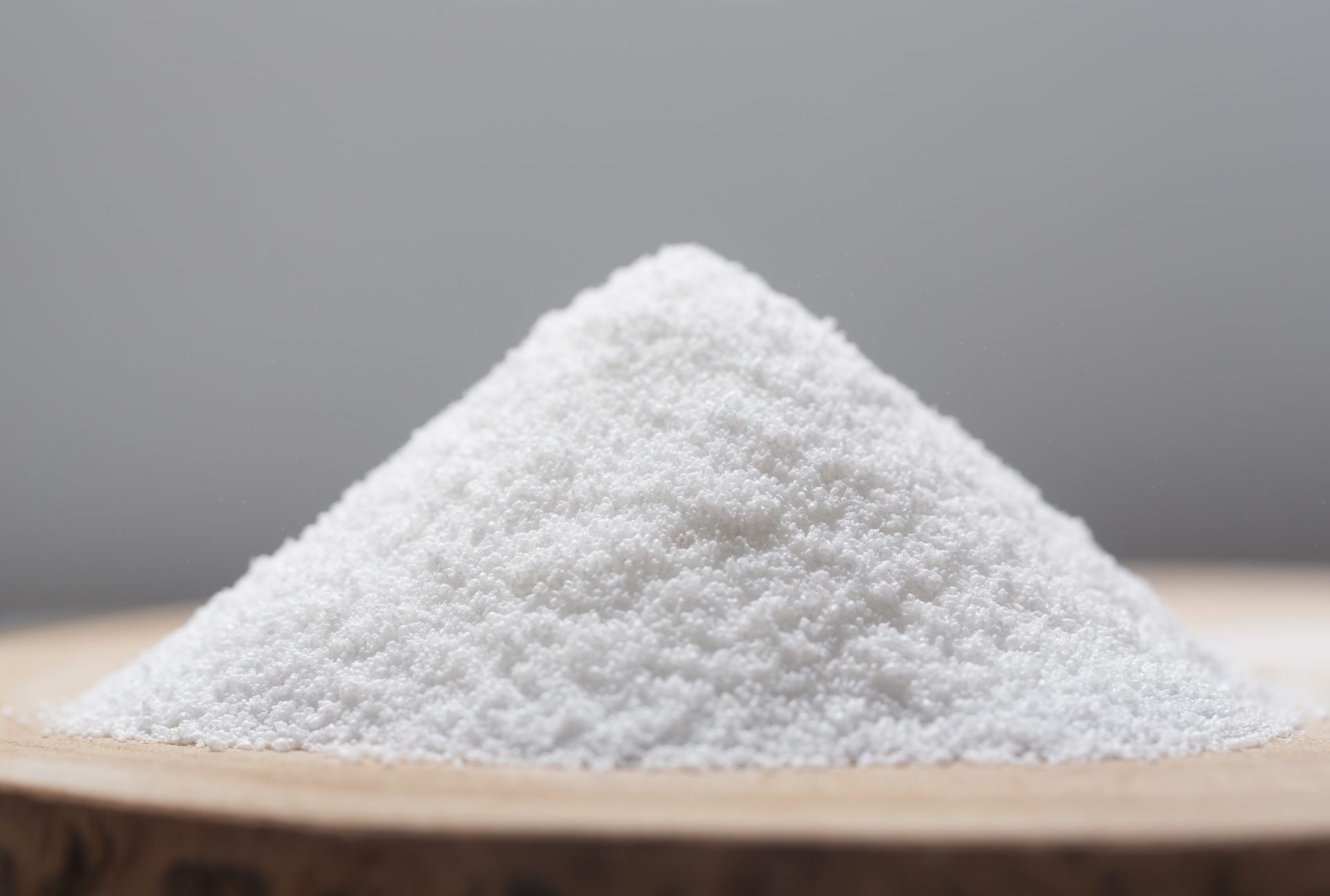Aspartame sample (Photo Credit: Stylist.co.uk, 2023)
The World Health Organisation (WHO) has officially declared aspartame, one of the most common artificial sweeteners, a possible carcinogen.
When something is carcinogenic, it means it has the potential to cause cancer.
Aspartame is an artificial sweetener that is 200 times sweeter than sugar and widely used in low-calorie products.
The sweetener is used in several carbonated drinks, but there have been several controversies around it.
Advertisement
In a statement on Friday, the WHO said its International Agency for Research on Cancer (IARC), made evaluations of the impact of aspartame based on scientific data collected from a range of sources, including peer-reviewed papers and governmental reports.
The global health body said the studies have been reviewed by independent experts, and steps have been taken to ensure the independence and reliability of the evaluations.
SAFE TO CONSUME AT AGREED LEVELS
Advertisement
In a separate assessment, the joint WHO and Food and Agriculture Organisation’s expert committee on food additives (JECFA), said aspartame remains safe to consume at already-agreed levels.
“IARC classified aspartame as possibly carcinogenic to humans on the basis of limited evidence for cancer in humans (specifically, for hepatocellular carcinoma, which is a type of liver cancer),” the statement reads.
“JECFA concluded that the data evaluated indicated no sufficient reason to change the previously established acceptable daily intake (ADI) of 0–40 mg/kg body weight for aspartame.
“The committee therefore reaffirmed that it is safe for a person to consume within this limit per day.
Advertisement
“For example, with a can of diet soft drink containing 200 or 300 mg of aspartame, an adult weighing 70kg would need to consume more than 9–14 cans per day to exceed the acceptable daily intake, assuming no other intake from other food sources.
“IARC and WHO will continue to monitor new evidence and encourage independent research groups to develop further studies on the potential association between aspartame exposure and consumer health effects.”
Francesco Branca, WHO director of the department of nutrition and food safety, said the assessments of aspartame have indicated that potential effects have been described that need to be investigated by more and better studies.
“Cancer is one of the leading causes of death globally,” he said.
Advertisement
“Every year, 1 in 6 people die from cancer. Science is continuously expanding to assess the possible initiating or facilitating factors of cancer, in the hope of reducing these numbers and the human toll.”
Advertisement
Add a comment






